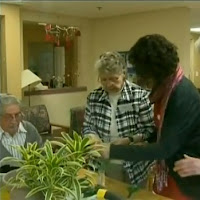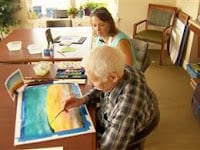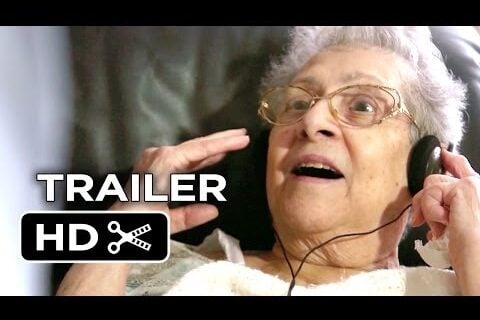Can an old song brighten someone’s day? Can a childhood memory help bring back clarity and connection?
According to new research, the answer is a resounding yes. A fascinating study out of Swansea University reveals that nostalgia isn’t just comforting—it’s powerful. It can boost memory, lift spirits, and reconnect people with dementia to their sense of self.
A New Path to Connection Through the Past
In this uplifting study, researchers invited people with dementia to take part in personalized “nostalgia sessions.” These weren’t just casual chats—they were carefully guided journeys into each person’s unique and meaningful memories.
Participants looked at old photos, listened to favorite songs from their youth, smelled familiar scents, and handled treasured objects. The goal? To spark rich emotional recall—moments tied to love, laughter, purpose, and identity.
And it worked. Beautifully.
Compared to a control group engaged in neutral topics, the nostalgia group showed remarkable improvements—not only in memory, but in emotional well-being.
What Happened When the Memories Came Flooding Back?
The effects were heartening. After just a few sessions:
- 🧠 Memory improved: People recalled more vivid details, both immediately and after time passed.
- 💛 Mood lifted: They reported more happiness, optimism, and a stronger sense of meaning in life.
- 🗣️ Storytelling came alive: Their words flowed more freely. Their stories were fuller, more expressive—and more them.
It wasn’t just about remembering facts. It was about feeling seen, heard, and whole again.
“It gave them a sense of identity,” said the research team. “Even as memory fades, meaning remains—and nostalgia taps right into that.”
Why Caregivers & Professionals Should Pay Attention
This isn’t another high-tech tool or experimental drug. It’s a warm, accessible, deeply human way to support the people we love and care for. And it doesn’t require fancy equipment—just curiosity, compassion, and a little creativity.
Here’s how you can bring this magic into your day:
- Gather simple memory triggers
- Old family photos or postcards
- Music from their teens or 20s
- Favorite recipes or familiar scents (a certain soap, a home-cooked dish)
- Ask gentle, joyful questions
- “Tell me about your first big adventure.”
- “What did summer smell like when you were little?”
- “Who made you laugh the most growing up?”
Let their stories unfold. Just listening—truly listening—can be transformative.
A Final Thought: Nostalgia Isn’t Just Sentimental—It’s Essential
This study reminds us of something we may already feel in our hearts: the past holds power. For someone living with dementia, it can be a bridge back to confidence, connection, and even joy.
So put on that favorite song. Bake that childhood dessert. Flip through those old albums.
Because in those memories, there’s healing.
There’s identity.
There’s love.
And sometimes, that’s the most powerful therapy of all.











